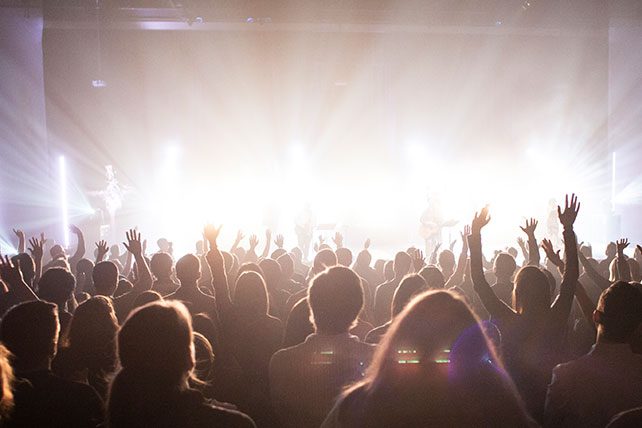Worship music has long been a central component of the Christian faith experience, acting as a conduit for spiritual connection and communal identity. In American churches, it has evolved over the years, shifting from traditional hymns to contemporary praise songs, and now, it faces a new era shaped by technology, cultural trends, and a desire for deeper, more authentic worship experiences. As the cultural landscape of continues to change, several key trends are emerging, which will likely define the future of worship music.
The Future of Worship Music
1. The Rise of Diverse Musical Styles
Over the past few decades, worship music has undergone a significant transformation from the traditional hymnal format to a more contemporary and eclectic approach. Contemporary worship, heavily influenced by Christian rock and pop music, became a dominant force in churches starting in the 1990s, thanks in part to groups like Hillsong United, Bethel Music, and Elevation Worship. However, the future will likely bring even more diversity in musical styles. Churches are increasingly incorporating a variety of genres, such as gospel, rap, indie, and even electronic music, to reach younger and more culturally diverse congregations.
As American society becomes more diverse, churches will continue to experiment with different musical expressions that resonate with people from different racial, cultural, and socio-economic backgrounds. This diversification is not just stylistic but also theologically significant, as different genres can communicate unique aspects of the Christian faith, whether it’s the joy and celebration of gospel, the introspective and emotional nature of folk, or the raw energy of hip-hop.
2. Technology’s Role in Worship Music
Technology has already had a profound impact on worship music, and its role will only continue to grow. In terms of music production, churches are increasingly adopting high-tech sound systems, live-streaming services, and digital worship platforms. These tools allow congregations to experience live worship music in ways that were previously impossible, reaching those who cannot physically attend services and providing opportunities for interactive worship experiences.
Virtual reality (VR) and augmented reality (AR) may also play a role in worship in the future, offering immersive worship experiences that allow worshippers to engage with music in new and exciting ways. These innovations could bring about new forms of community and personal connection, even as churchgoers gather remotely or in hybrid settings. Additionally, artificial intelligence (AI) is already being explored to help create personalized worship experiences or to assist in music composition, opening up new possibilities for musical expression.

